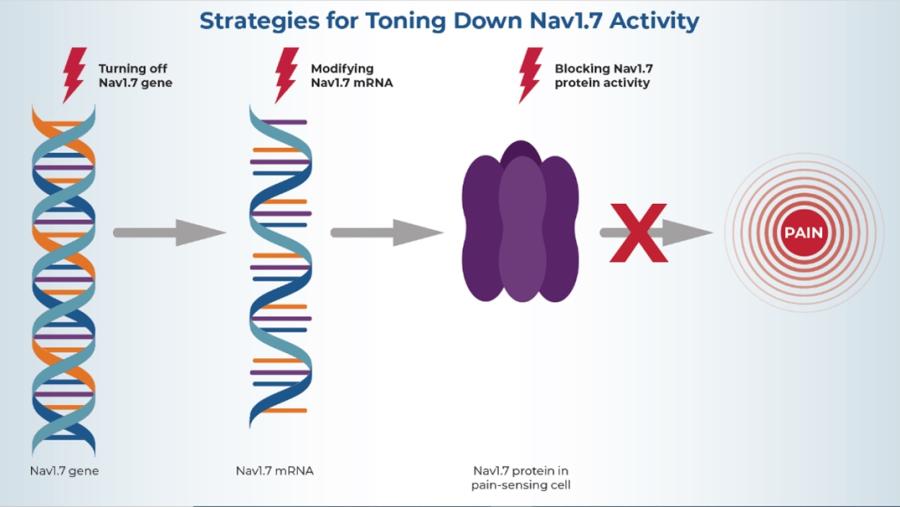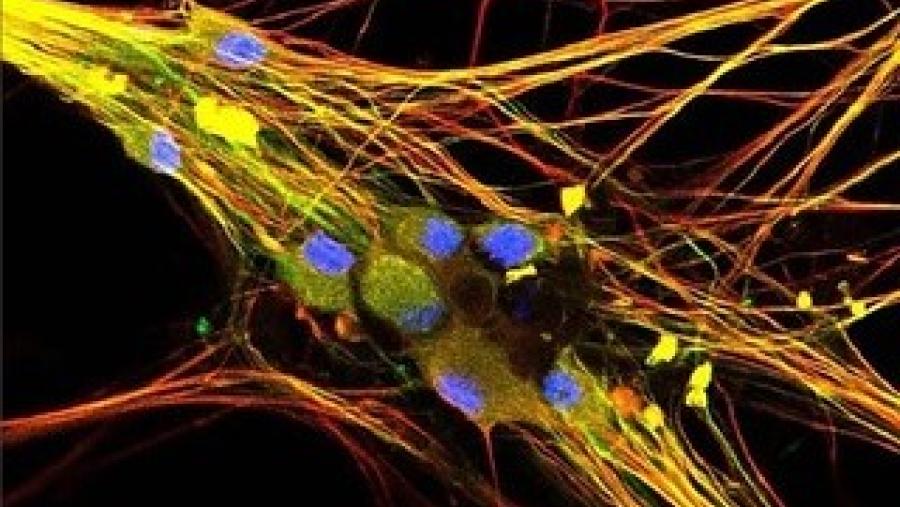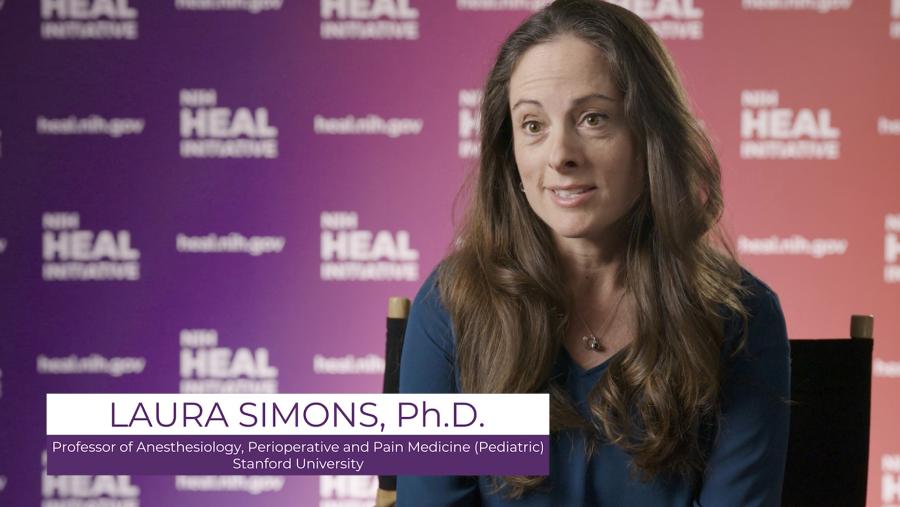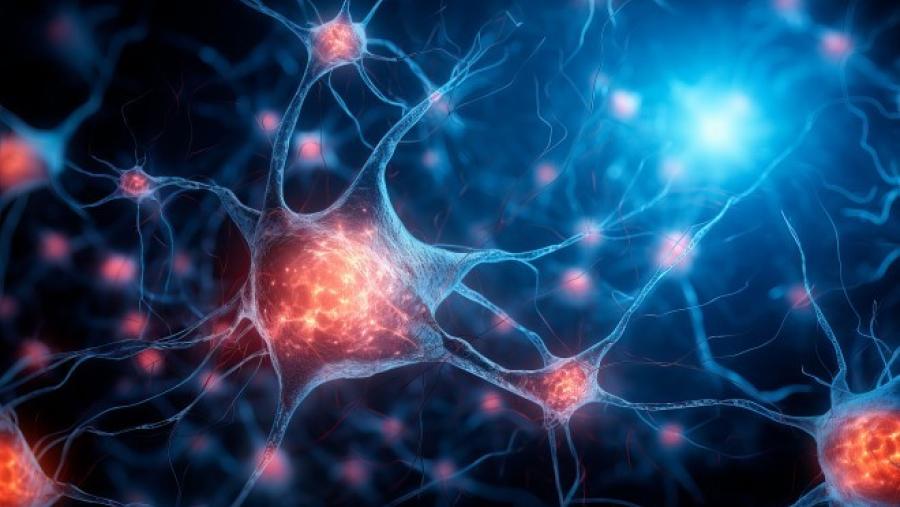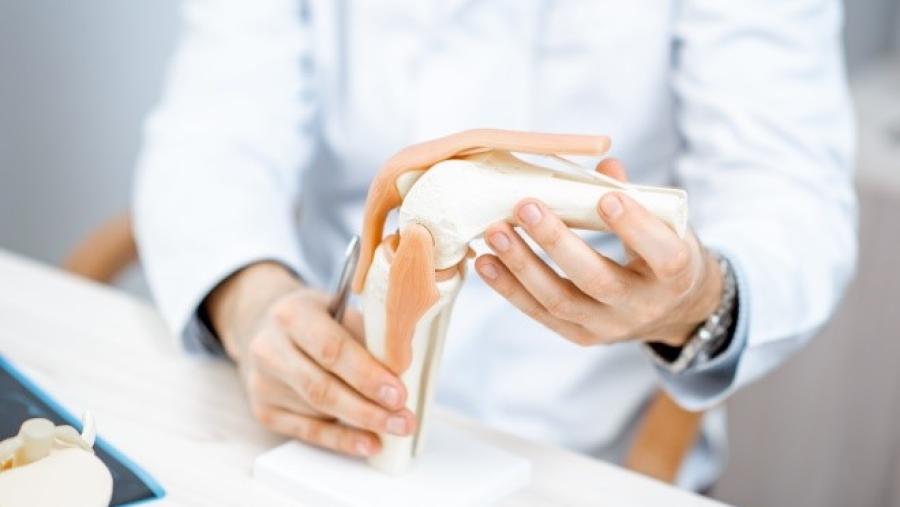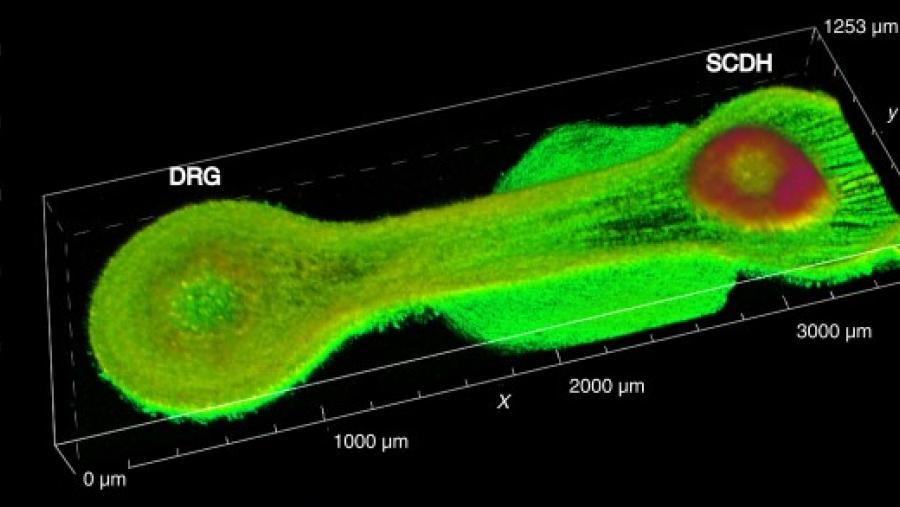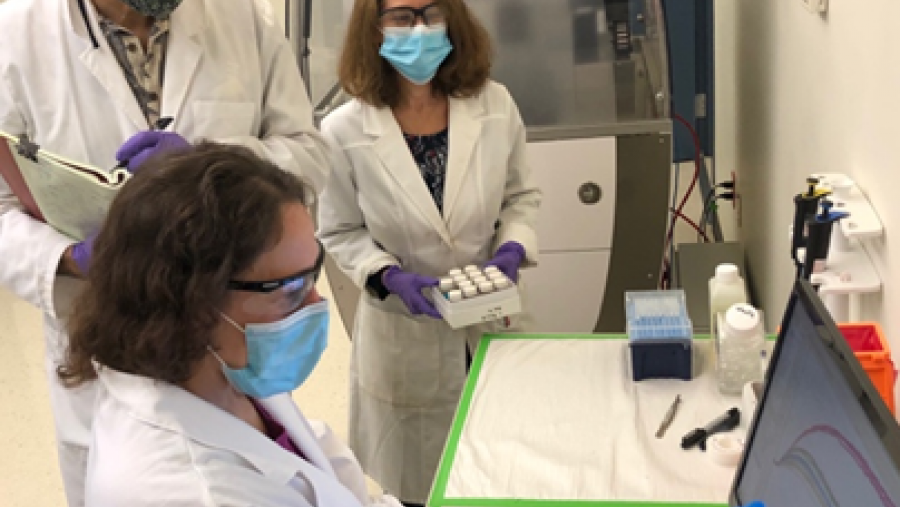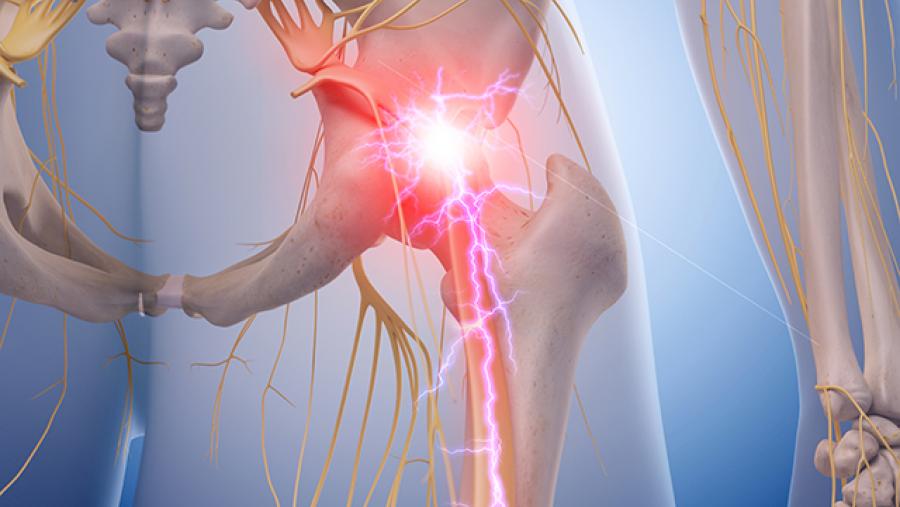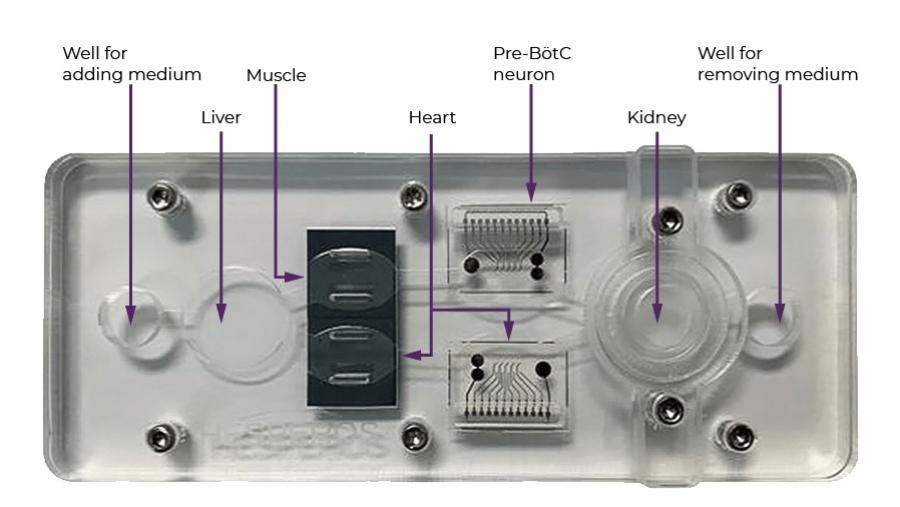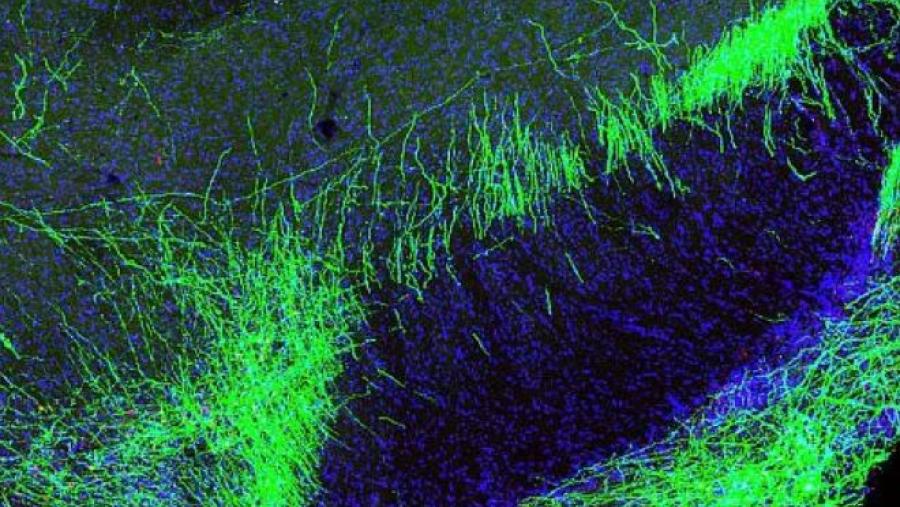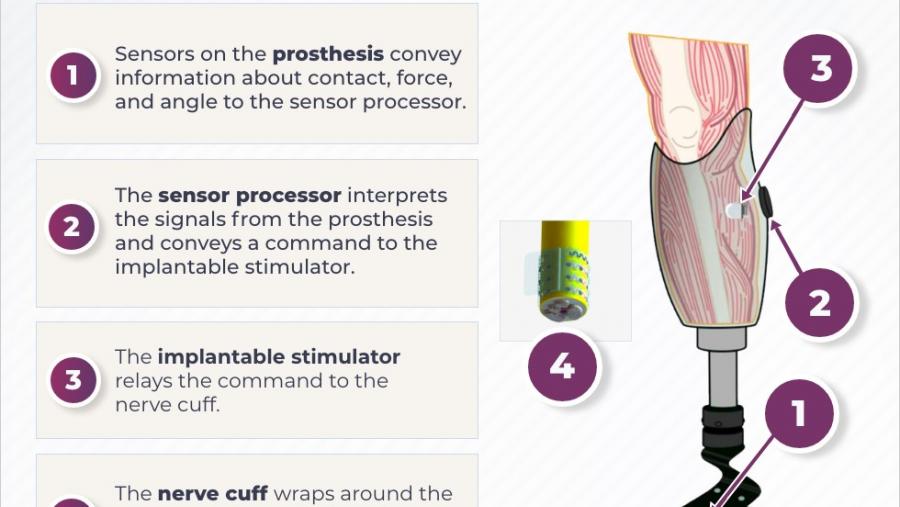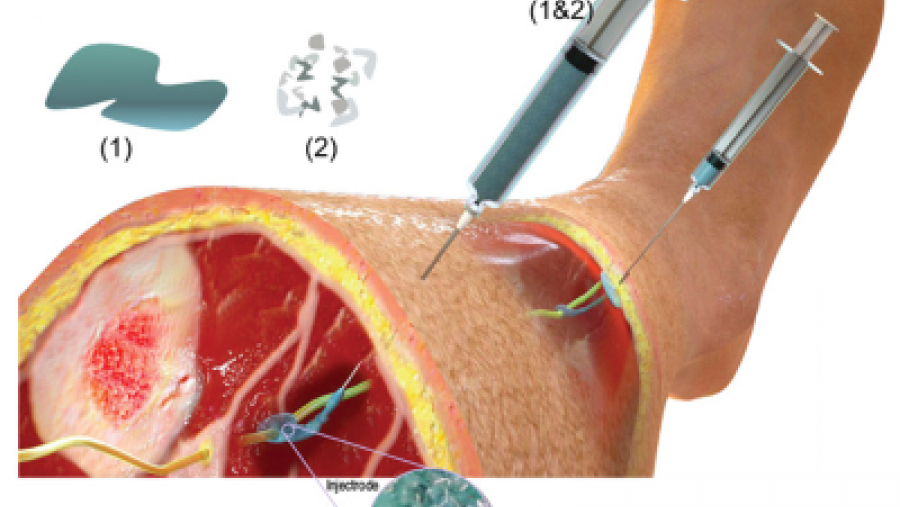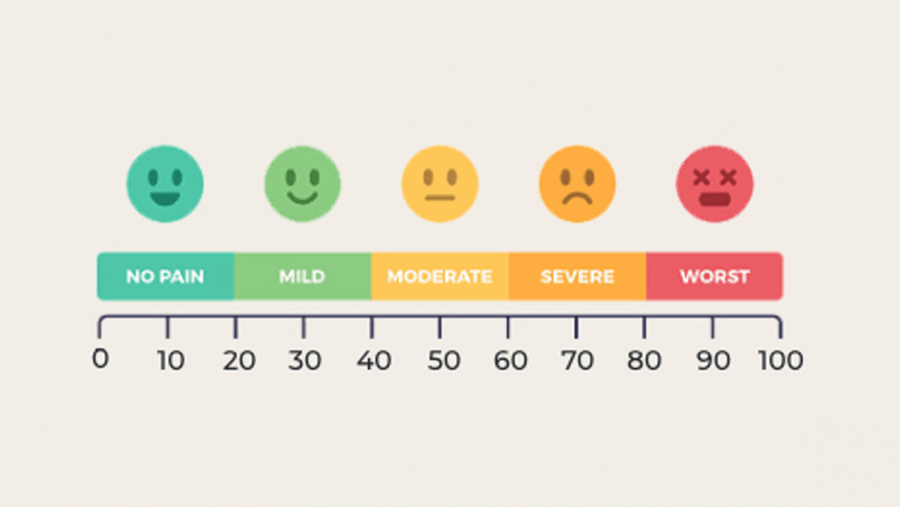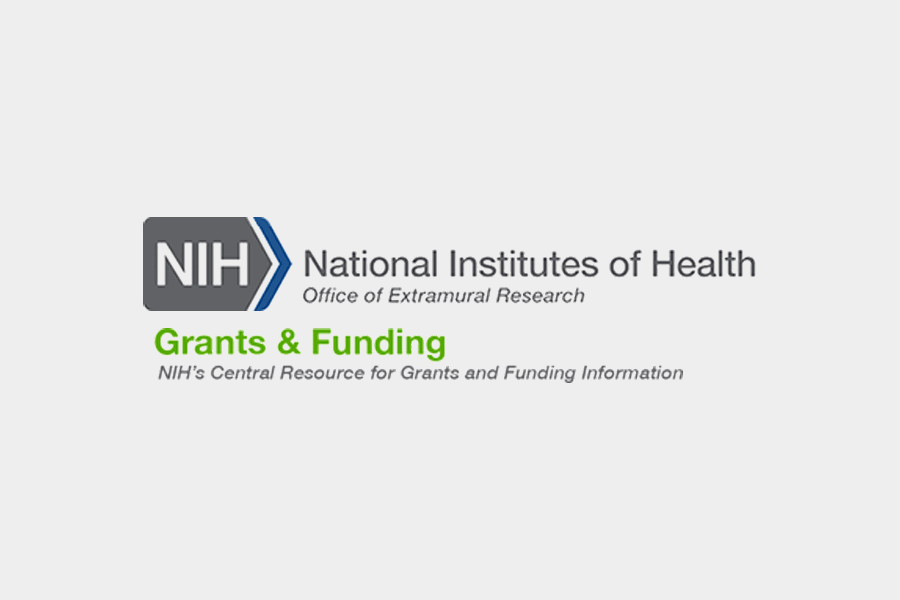Overview
Additional, non-addictive pain medications are needed, but poorly predictive animal models, changes in biopharmaceutical industry focus, and perceived regulatory and reimbursement concerns have made research challenging. Through a suite of targeted research efforts, the Helping to End Addiction Long-term® Initiative, or NIH HEAL Initiative®, is accelerating the discovery and preclinical development of new medications and devices to treat pain.
Open Funding Opportunities
Research Programs
The Development and Optimization of Non-Addictive Therapies to Treat Pain program supports preclinical optimization and development of safe, effective, and non-addictive small molecule and biologic therapeutics to treat pain. This research aims to advance promising small molecules and biologic agents toward eligibility for Phase 1 clinical trials.
The Discovery and Validation of Novel Targets for Safe and Effective Treatment of Pain program is validating novel therapeutic targets using a variety of methods and model systems, including within the druggable genome/proteome. These targets can be applied to future translational research to accelerate development of effective non-addictive medications for pain as well as reduce reliance on opioids. The program also includes a network of research centers that are focusing specifically on human pain biology.
The Integrated Basic and Clinical Team-Based Research in Pain program supports cross-cutting research conducted by multidisciplinary project teams that include both basic and clinical researchers centered around a common pain-related topic. Each multi-scientist team will focus on enhancing understanding and guiding development of new therapeutic approaches for a specific pain condition or a group or type of pain conditions.
The Preclinical Screening Platform for Pain (PSPP) program is creating a preclinical testing platform to identify and profile non-addictive therapeutics for pain. This platform will be instrumental in transitioning HEAL preclinical research into clinical programs.
The Restoring Joint Health and Function to Reduce Pain Consortium (Re-JOIN) seeks to acquire an integrated, holistic understanding of joint innervation. This interdisciplinary research will identify and study all the types of neurons present in joint tissues and structures.
The Translating Discoveries into Effective Devices to Treat Pain program advances device-based treatments for people who currently have no effective ways to manage their pain. This research is also identifying the molecular processes underlying device-based pain relief. The program supports target identification, late-stage translational therapeutic and diagnostic device development, verification and validation activities, and early clinical studies.
The Translational Research to Advance Testing of Novel Drugs and Human Cell-Based Screening Platforms to Treat Pain and Opioid Use Disorder program supports research to develop accurate research models that reflect human pain biology. These models are being used to identify potential new therapies and accelerate studies of novel small molecule and biologic drug candidates for testing in humans.
 U.S. Department of Health & Human Services
U.S. Department of Health & Human Services

